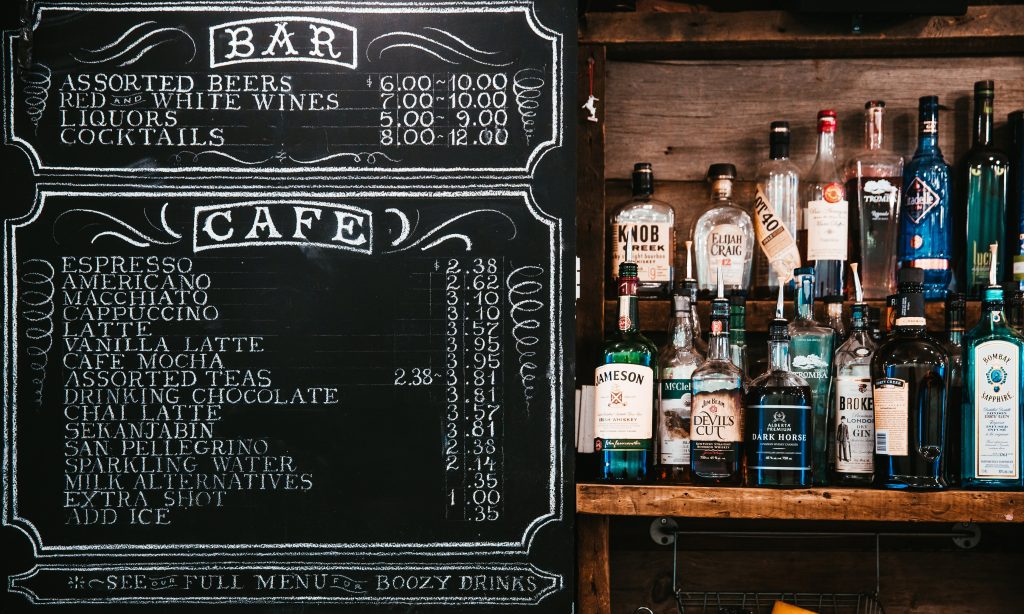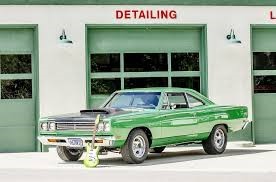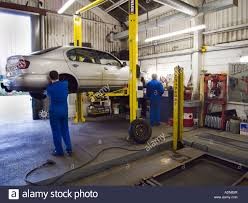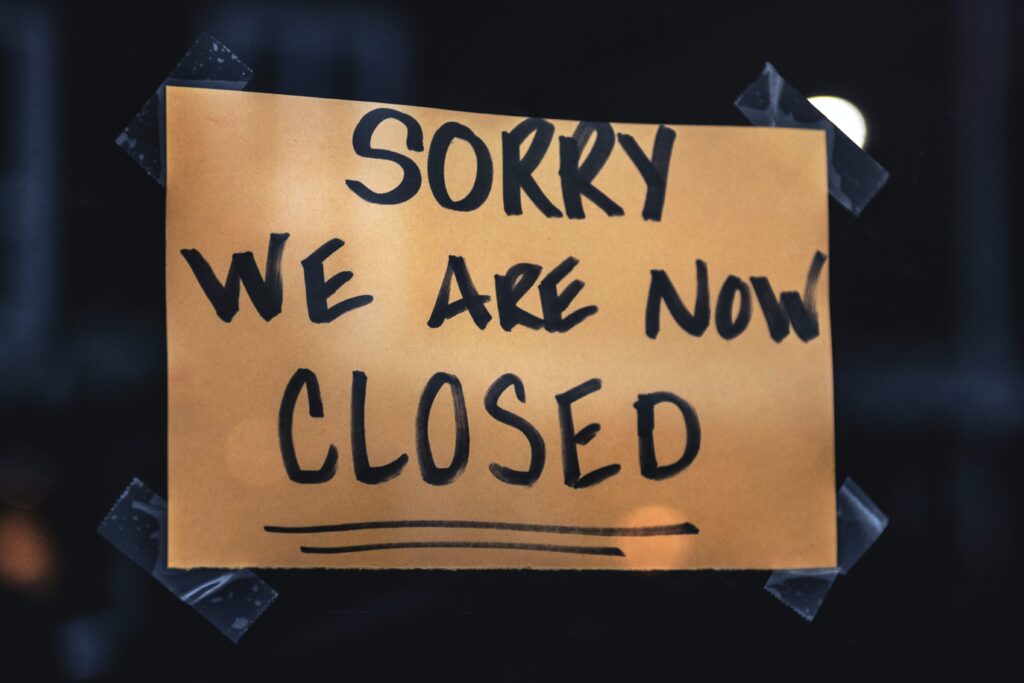No matter the size or type of business, tangible property is a major asset. A national standard for insuring such property is the Insurance Services Office (ISO) Commercial Property Program (CPP). The CPP may be written as a single policy (covering only buildings and property) or as a package that provides property, liability and, other important protection for your business.
The Parts of A CPP
A Commercial Property Policy is flexible because it consists of several basic parts:
· Declarations Forms – these tell you who is covered, the amount of insurance, the type of coverage written, other information about the business and other identifying details.
· Conditions Forms – these documents contain sets of conditions that control how the policy operates such as the customer’s duties when a loss occurs, the method used for settling a loss or what steps to take when the customer and the insurer disagree over the amount of a loss.
· Coverage Forms – these include descriptions of the type of property that is covered or excluded and it explains items such as coverages, insurance limits, definitions, deductibles and other important provisions.
· Causes of Loss Forms – as you might expect, these forms describe the causes of loss (perils) that are insured against and any exclusions.
· Policy Cover or Jacket – this is, literally, a cover designed by the company providing the policy and it usually includes a table of contents or an index.
The above can be modified o better fit different types of businesses by adding a wide variety of optional coverage forms called endorsements.
Causes Of Loss Forms
The following Causes of Loss Forms are available under the CPP:
BASIC – protects against Fire, Lightning, Explosion, Windstorm, Hail, Smoke, Aircraft or Vehicles, Riot or Civil Commotion, Sprinkler Leakage, Vandalism, Sinkhole Collapse, and Volcanic Action
BROAD – adds several additional covered causes of loss over the Basic Form, including Breakage of Glass, Falling Objects, Weight of Snow, Ice, or Sleet, and Water Damage.
SPECIAL – provides coverage on an “all risk” basis which essentially covers anything not otherwise excluded.
EARTHQUAKEÂ – covers earthquake shocks or volcanic eruptions that occur within any 168-hour period.
What CPP Covers
A Commercial Package Policy covers building, completed additions, fixtures, permanently installed machinery and equipment, personal property that is used to service or maintain the building or premises, and, under certain circumstances, construction equipment, material and supplies.
Under personal property, the CPP covers furniture and fixtures, machinery, equipment, stock, all other personal property owned by the insured and used for business, labor, materials, or services furnished or arranged by the insured on the personal property of others, any improvements and betterments made by or acquired by the insured (when a tenant), and any leased personal property the insured has a contractual responsibility for. The CPP, under limited circumstances, also covers property located outside or in vehicles.
What CPP Does Not Cover
Like any insurance policy, there are items that are not covered. A CPP does not provide coverage for accounts, bills, currency (and similar property), animals, automobiles held for sale, bridges, roadways, walks, patios, or other paved surfaces, contraband, property being transported by air or over waterways, land, crops, underground property, most vehicles, expenses related to replacing company records and other property.
Again, this is just a very brief discussion of the CPP. If you need more information, help is nearby. Contact an insurance professional to talk about coverages and your coverage needs.
COPYRIGHT: Insurance Publishing Plus, Inc.2017
All rights reserved. Production or distribution, whether in whole or in part, in any form of media or language; and no matter what country, state or territory, is expressly forbidden without written consent of Insurance Publishing Plus, Inc.

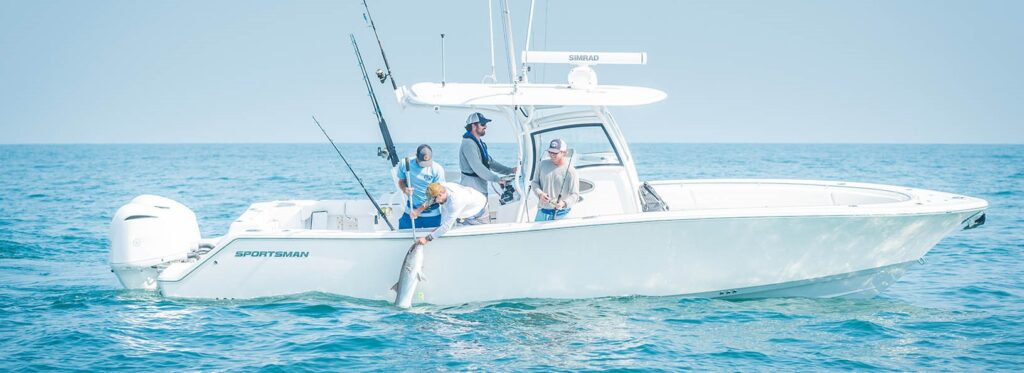
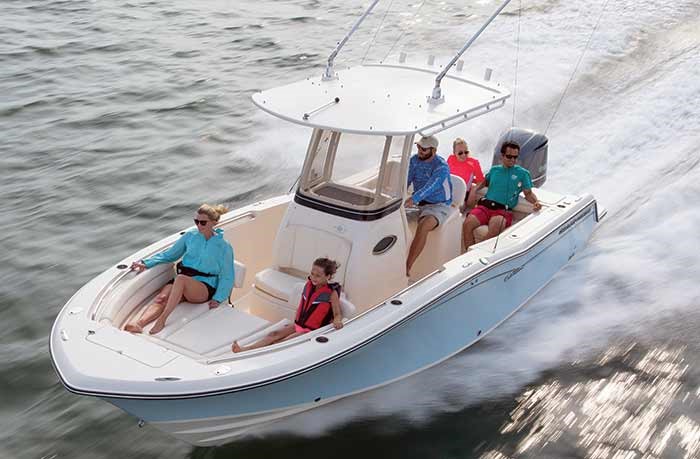

 Contact
Contact
 Email an Agent
Email an Agent

 Click to Call
Click to Call Get Directions
Get Directions
